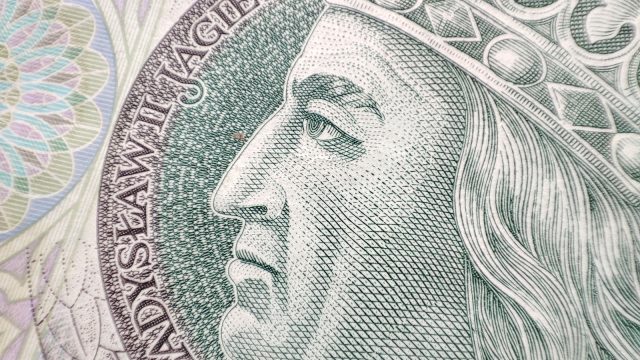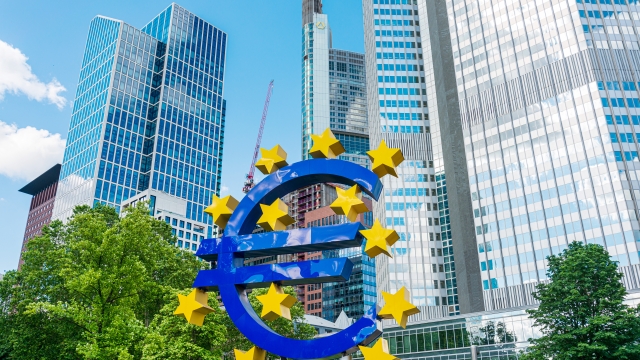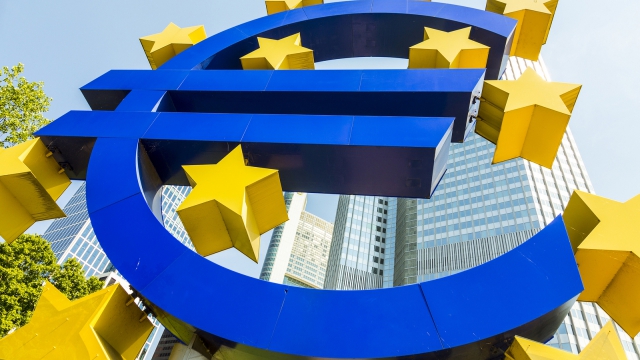Bulgaria’s banks have a golden opportunity to leverage the momentum of eurozone entry for a more comprehensive transformation, not just a currency switch. Entering the eurozone presents challenges as well as opportunities for the Bulgarian...
Tag - Eurozone
Emerging Europe is highly dependent on Western European demand and growth is likely to be stagnant or negative in 2023. At the end of 2019, the economies of emerging...
Shops in Croatia will begin displaying prices in both kuna and euros from September, ahead of formal adoption of the European single currency in January next year...
Croatia will adopt the euro on January 1, 2023. Bulgaria’s hopes of doing likewise in 2024 look increasingly slim, however. Challenging conditions mean that only...
Marek Dietl, the CEO of the Warsaw Stock Exchange, tells Emerging Europe that he believes a digital złoty is Poland’s best bet in the global digital currency race...
Montenegro and Moldova will see emerging Europe’s highest levels of economic growth in 2021, but the outlook is positive across the region. The Vienna Institute...
Croatia has set January 1, 2023, as the date on which it will make the euro its national currency, with Bulgaria set to follow a year later. But how realistic are these...
Estonia is playing a leading role in the development of a digital euro, and Poland is eyeing the possibility of a digital złoty. But both are some way behind...
Montenegro, which unilaterally adopted the euro in 2002, might – somewhat ironically – have to introduce its own currency before it can join the European...
Weaker public finances and the shock to economic growth, together with their potential impact on medium-term growth and fiscal dynamics, are the main channels through...
Ratings agency Fitch has re-affirmed Bulgaria’s sovereign long-term foreign and local currency Issuer Default Ratings (IDRs) at ‘BBB’ with a stable outlook, but now...
On July 10, Croatia and Bulgaria got the green light from European Union finance ministers to join the European Central Bank’s Exchange Rate Mechanism II (known as...
Not one of the seven countries legally committed to adopting the euro (Bulgaria, Czechia, Croatia, Hungary, Poland, Romania and Sweden) currently meet all the...













